Signs Of Low Self Esteem

Has someone ever complimented you, and you feel like it is a lie because what you see is the opposite of what they said? Do you compare yourself with others on social media, and it makes you feel inadequate, underachieved, sad, or any other negative feelings? Are you unable to receive criticism because you think others want to hurt you? There are telltale signs that you may be struggling with low self-esteem.
SELF-ESTEEM
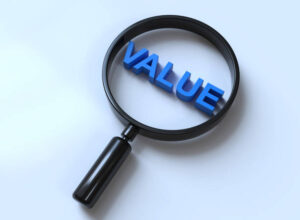
Istock images
Of the many articles I’ve written, this word, self-esteem, appears in a majority. Let us delve into what it means and explore more about it. It is an underlying issue for many things that affect your behavior.
Before that, let’s explore the meaning of esteem, which means respect and admiration for someone or something. Therefore self-esteem is the value (respect and admiration) you place on yourself based on who you are or your beliefs about yourself. The two types of self-esteem are low and high.
Low self-esteem is when you place little value on yourself and have low intrinsic worth. High is when you value yourself highly and have elevated internal merit.
There are seasons or times when your regard for yourself can be low or high. You can trigger your self-regard by your circumstances, thoughts, or feelings like shame, guilt, pain, or even external things like approval from others, success in specific projects, conquering challenging milestones, etc. However, those are temporary. After those seasons, the joys or the low times, when all is settled and back to normal, you can examine whether you have a high or low self-regard.
It is one of the components of the self-concept model, which means how we view ourselves. The self-concept includes the body image, self-image, and the ideal self.
MYTHS ABOUT SELF-ESTEEM
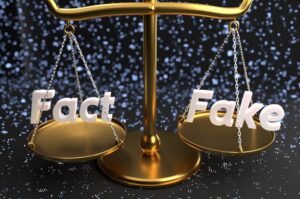
Source: Getty Images
- You can judge self-esteem from the outside.
Physical appearance, posture, eye contact, gifts/talents, sense of humor, level of fame, and financial state are insufficient to judge another person’s self-worth. All these are possible signs of having low/high regard, but you can’t use that to deduce their value.
You can assume that someone has high/low regard for self from the outside, but it is not enough to measure that. A way to measure that is by your behavior and feelings about yourself over time.
Many people assume that famous people, celebrities, talented actors, rich, and affluent people place a high value on themselves when observing from the outside looking in; however, you may find out that it might be quite the opposite.
- Personality traits determine your self-esteem level.
Personality is how you express your being, which gives you a unique and distinct character. Introverted people are reserved, quiet, and laid back, while extroverts are expressive, like interacting with people, and energetic. When it comes to personalities, none of them is greater or better than the other. Therefore, your personality traits do not determine your self-worth. You’d think extroverts have high esteem and introverts have low, but that is incorrect.
It also applies to the four temperaments in the personality theory. They are Sanguine, Choleric, Phlegmatic, and Melancholic. These things do not determine whether your esteem is high/low. Melancholics and Phlegmatic are generally introverted, but that doesn’t determine their esteem level.
- High value in yourself is ego
The ego is an inflated feeling of pride in yourself. Having a high sense of value doesn’t mean that you are egocentric. It is possible to have high self-esteem, be proud of who you are, and not feel like you are better than others. Someone can misconstrue high esteem as bragging, being full of yourself, and ‘kujiskia’; as we say in Swahili, translated to ‘you feel like you are better than others.’ Let us break that myth.
- Low value for yourself is humility
On the other hand, this is the inverse of the previous point. Humility is the quality of not thinking you are better than other people. A humble person values others just like he does himself. Having low self-esteem doesn’t mean that you are humble. Humility is a character trait, so you can be humble and have high self-regard.
- Self-esteem is confidence
It is possible to ‘fake it till you make it’ into confidence. Consequently, this means that if you can stand before people and speak with conviction and surety, if you believe in your ability to get things done, this doesn’t mean that you have high esteem. You can have confidence and still have low regard for yourself.
Let us know in the comments what other myths and beliefs you have about self-esteem
WHAT CAUSES LOW SELF-ESTEEM?

Image: Istock
Shame
You can have low self-esteem because you are ashamed of the person you are. Maybe when you look at yourself in the mirror, you are not pleased with who you see. The way you look, physical impairment or deformation, your character traits, your ability to do things, when you compare yourself to others, you feel like you are less than or can’t achieve what they have, you may feel like where you come from is not befitting of the standards you want therefore these negative things can bring about shame.
Those emotions of shame create a feeling of self-depreciation. This a sign that your esteem is getting lower. It is so ironic that you might meet someone that looks like you and has your traits yet aren’t ashamed of who they are. Therefore have a high self-regard.
Guilt
Guilt is caused by our negative or bad behavior, whether known or unknown. While shame comes from who you are, remorse comes from your actions. Doing something unacceptable in society, breaking the law, or hurting someone, may cause you to feel bad. That negative feeling can grow into shame if you let it define you, lower your value for yourself and reduce your intrinsic worth.
External factors that may not be within your control
These are things influenced by your environment. For example, growing up with critical parents, being bullied by peers, colleagues, or people you look up to, having unrealistic standards of yourself that are based on societal pressure, being in an abusive (physical, emotional, sexual) relationship, poor performance, your poor financial situation, abandonment or absenteeism of caregivers, trauma, are just but a few examples.
The environment you grew up in or your current situation can play a pivotal role in lowering your self-worth.
SIGNS OF LOW SELF-ESTEEM

Istock Photos
- Negative self-talk – What you say about yourself says a lot about your acceptance of self. If all you say is I hate things about yourself, you talk about how you are not good enough. That shows that you don’t value yourself.
- Masking up – This involves playing varied roles in different circumstances. You become separate people in different places. You cannot reveal your true self because you don’t think others will accept you for who you are. In addition, you put up an act in specific interactions and become someone else when alone.
- Unhealthy cycles – You don’t want to leave a job, let go of a partner, or leave a harmful situation because you feel like you can’t find someone/something better. Additionally, you may think you are unworthy of good things, so you stay in a toxic or draining circumstance.
- Anxiety – You can be uneasy due to fear that people are out there to get you, harm/hurt you, to steal what you have.
- Overreacting to minor things – When someone makes a mistake, you overreact because you think there is an ulterior motive behind everything others do. You blow things out of proportion when someone asks a question and may get offended, even if that’s not the intention.
- Projection – There was once a gentleman (A) standing on a narrow pathway. A passer-by (B) walked past him, trying to squeeze into the remaining space. By mistake, he hit A on the shoulder. Immediately after, A screamed, ‘unanigonga juu umevaa koti na mimi sina’ That’s Swahili for ‘you are hitting me because you are wearing a coat and I’m not?’ What does that short scenario tell you about gentleman A? Comment and let us know.
- Self-pity – Victim mentality also shows that your esteem is low. You feel helpless, you can’t do anything, bad things constantly happen to you, everyone wants to take advantage of your nature, everyone is getting good things, and you aren’t, and others are denying you. Those feelings make you feel like you don’t have a high worth.
- A constant need for external validation – You need others to complement and validate your work; if that doesn’t happen, you feel overlooked. The need to prove a point, stamp your authority, and be the flashiest and loudest person in the room so that you may get noticed. These things connote a low sense of self-worth.
HOW TO IMPROVE YOUR SELF-ESTEEM

Image source: Getty
Self-esteem is a muscle you exercise every day of your life. It essentially means that the power is in your hands to change things. You can explore the causes or the underlying issues that may have led to your low esteem. When you process your feelings, become aware of your triggers, and learn how to deal with the things you cannot change, you walk into a future you enjoy
Last but not least, realizing that help is here and you can overcome the odds is paramount. Your low esteem can turn into high as time progresses. It is not a permanent situation, and you can grow from this. Remember, you are not a victim of your circumstances but the master of your destiny.
Are you struggling with imposter syndrome?
Writer,
Sheila K. Muli.

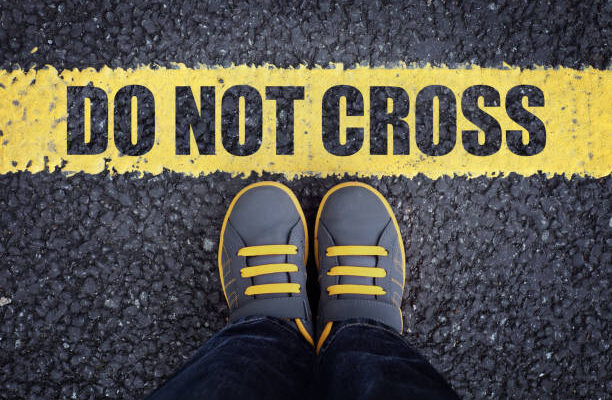

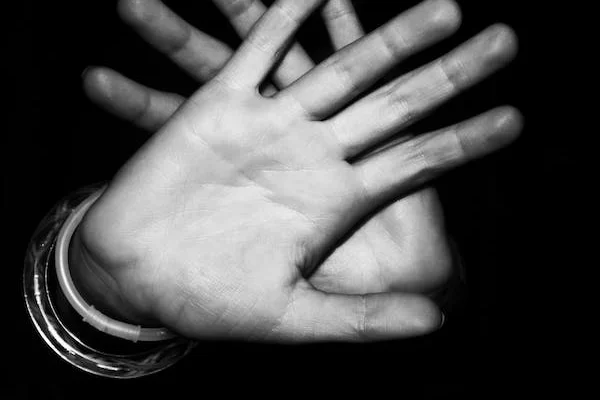


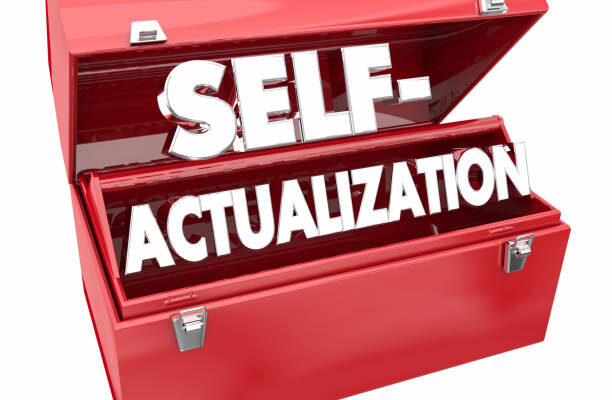




[…] Are you dealing with low self-esteem? […]
Wooooooowwww. Wisdom nayo. This is so eye opening. Another misconception about self esteem is that good performers or guys who succeed in alot of tasks have high self esteem. Thank you for this Sheila. More wisdom and insight to you in Jesus name.
Oh Yes. Great one there Quinto. High achievement and high self-esteem are mutually exclusive. Thank you for sharpening me there too.
So detailed and broken down for everyone to understand. Keep up the good work, I always enjoy reading your work.
Baraka Sheila.
Thank you. It is important to break down information in chewable chunks. That is my aim. Baraka too
[…] is self-esteem. We talked about this in-depth in the article on signs of low self-esteem. Self-esteem is the value […]
[…] Low Self-Esteem […]